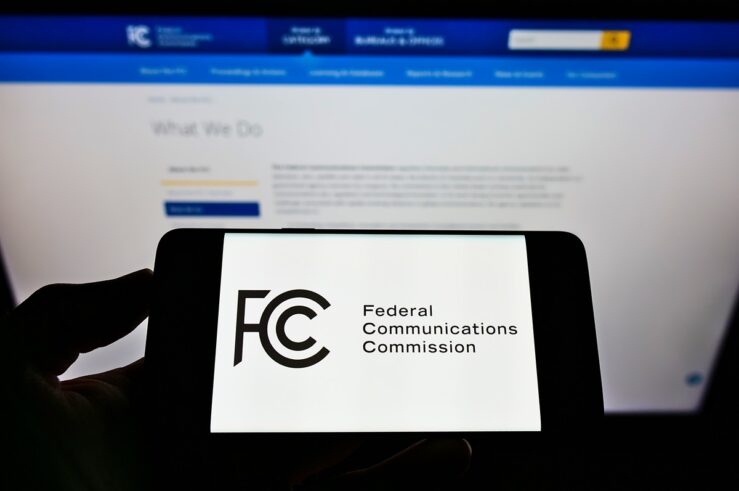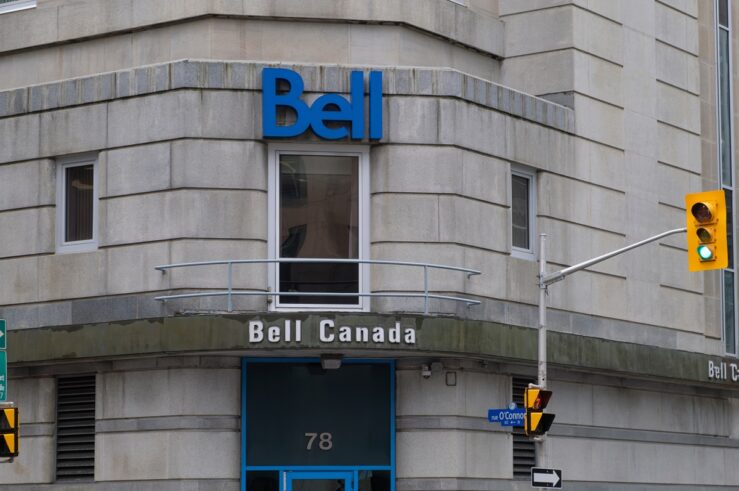Showing archive for: “Telecom”
The Year in Telecom: A Hootenanny Roundup
They say that when you’re raising kids, the days drag on, but the years fly by. The same could be said for this year in telecom policy. In 2024, the telecommunications industry faced a whirlwind of regulatory changes, legal challenges, and more than its fair share of fire drills without a fire. Let’s use this ... The Year in Telecom: A Hootenanny Roundup
The View from Korea: A TOTM Q&A with Dae Sik Hong
Professor Hong, could you please tell us a bit more about your background and how you got interested in digital competition regulation? In South Korea, I have unique combined experience as a court judge and as an antitrust specialist at a major law firm, conducting numerous research projects that connect theory and practice. I have ... The View from Korea: A TOTM Q&A with Dae Sik Hong
Forced Sharing: Stepping Stones or Stumbling Blocks?
Recent headlines about the U.S. Justice Department’s (DOJ) antitrust case targeting Google Search echo a familiar policy script. In a recent Wall Street Journal op-ed, Thomas Lenard and Scott Wallsten warn that forcing Google to share its technology could undermine innovation—a lesson they say we should have learned from telecommunications policy decades ago. In 1996, ... Forced Sharing: Stepping Stones or Stumbling Blocks?
What Project 2025 Can Tell Us About Brendan Carr’s FCC Priorities
My high-school-aged son came home from school the day after Election Day in distress. His history teacher spent the entire class listing the Parade of Horribles in Project 2025 and its dire consequences for the United States. I asked my son, “Project 2025 is more than 900 pages. Do you think your teacher read it?” ... What Project 2025 Can Tell Us About Brendan Carr’s FCC Priorities
FCC’s New Satellite Rules: Sharing Is Caring
In the aftermath of Hurricane Helene in September, SpaceX provided a masterclass in public relations by handing out thousands of Starlink satellite-broadband kits, waiving monthly fees, and enabling emergency alerts over cellular networks in affected areas. Not only did the effort generate significant goodwill for the company, but it also demonstrated that satellite technology can ... FCC’s New Satellite Rules: Sharing Is Caring
Bell Canada’s Proposed Acquisition of Ziply: Regulators May Be the Least of Their Worries
Bell Canada, Canada’s largest communications company, recently announced plans to acquire Ziply Fiber, a fiber-internet provider in the Pacific Northwest. The C$7 billion deal represents Bell’s strategic play to expand its fiber footprint into the United States and to capitalize on growth opportunities in what it sees as an underserved U.S. fiber market. The proposed ... Bell Canada’s Proposed Acquisition of Ziply: Regulators May Be the Least of Their Worries
ICLE and CEI Submit Amicus Brief Arguing the FCC’s Net Neutrality Order Is Unlawful
If you’ve been keeping up with the machinations of the Federal Communications Commission’s (FCC) latest attempt to regulate broadband under Title II of the Communications Act, you know that providers are challenging the rules in the 6th U.S. Circuit Court of Appeals. The court has put that case on the fast track. Earlier this week, ... ICLE and CEI Submit Amicus Brief Arguing the FCC’s Net Neutrality Order Is Unlawful
How This Supreme Court Term Might Affect the FCC’s Digital-Discrimination Rule
The recently completed U.S. Supreme Court session appears to have upended the administrative state in some pretty fundamental ways. While Loper Bright’s overruling of Chevron attracted the most headlines and hand-wringing, Jarkesy will have far-reaching effects across both the executive and judicial branches. Even seemingly “small” matters such as Ohio v. EPA and Corner Post ... How This Supreme Court Term Might Affect the FCC’s Digital-Discrimination Rule
The View from the United Kingdom: A TOTM Q&A with John Fingleton
What is the UK doing in the field of digital-market regulation, and what do you think it is achieving? There are probably four areas to consider. The first is that the UK’s jurisdiction on mergers increased with Brexit. The UK is not subject to the same turnover threshold as under European law, and this enables ... The View from the United Kingdom: A TOTM Q&A with John Fingleton
The View from Canada: A TOTM Q&A with Aaron Wudrick
Aaron, could you please tell us a bit about your background and how you became interested in competition law and digital-competition regulation? I’m a lawyer by profession, but have taken a somewhat unconventional career path—I started as a litigator in a small general practice in my hometown outside Toronto, moved on to corporate law with ... The View from Canada: A TOTM Q&A with Aaron Wudrick
Clearing the Telecom Logjam: A Modest Proposal
In this “Age of the Administrative State,” federal agencies have incredible latitude to impose policies without much direction or input from Congress. President Barack Obama fully pulled off the mask in 2014, when he announced “[w]e are not just going to be waiting for legislation,” declaring “I’ve got a pen, and I’ve got a phone.” ... Clearing the Telecom Logjam: A Modest Proposal
The View from Australia: A TOTM Q&A with Allan Fels
Allan, you have a remarkably high public profile in Australia and are known to most of the Australian population as ex-ACCC chair. Could you please give us a bit on your background and how you got into competition law? I did degrees in law and economics at the University of Western Australia and a PhD ... The View from Australia: A TOTM Q&A with Allan Fels
















